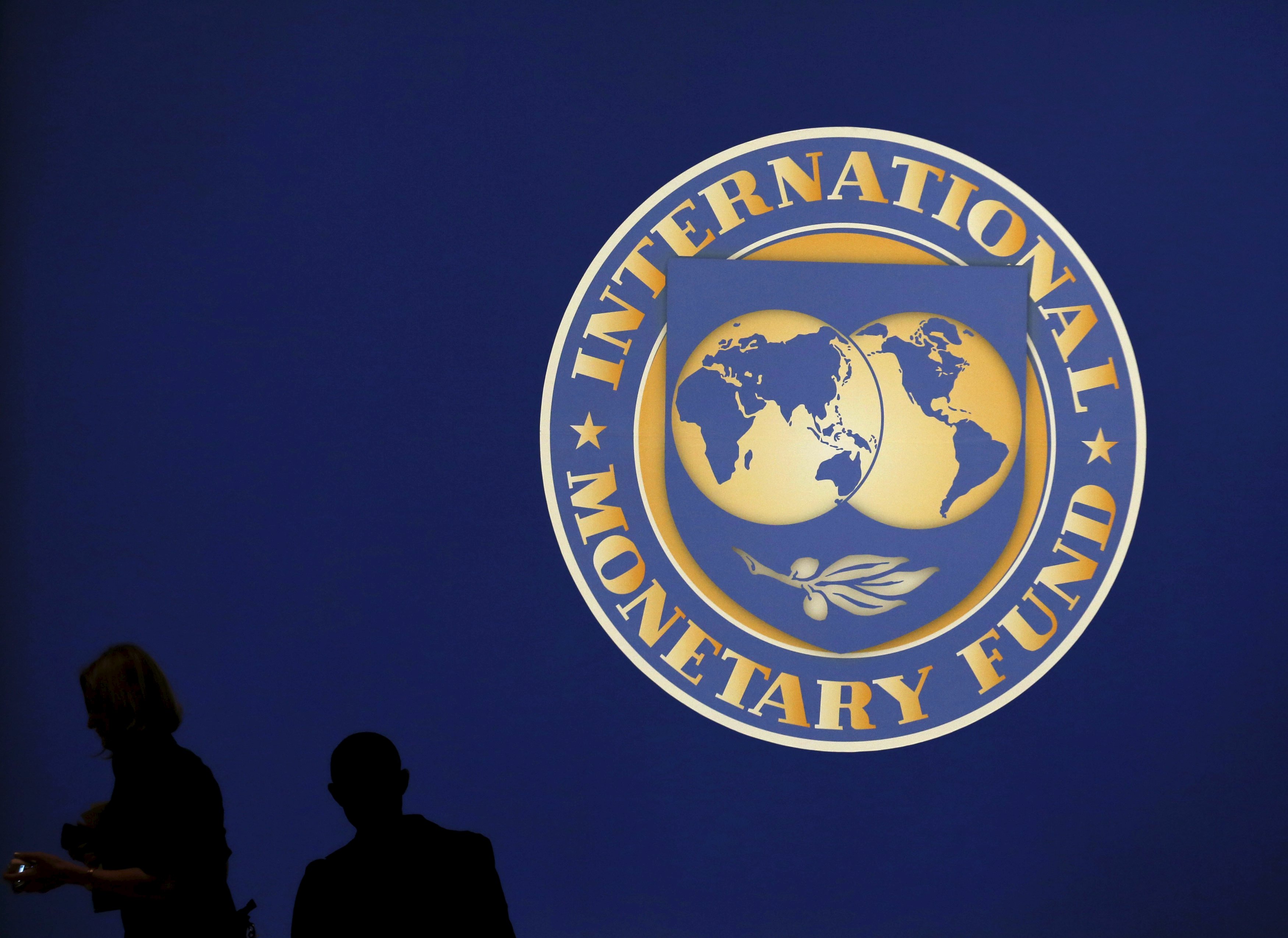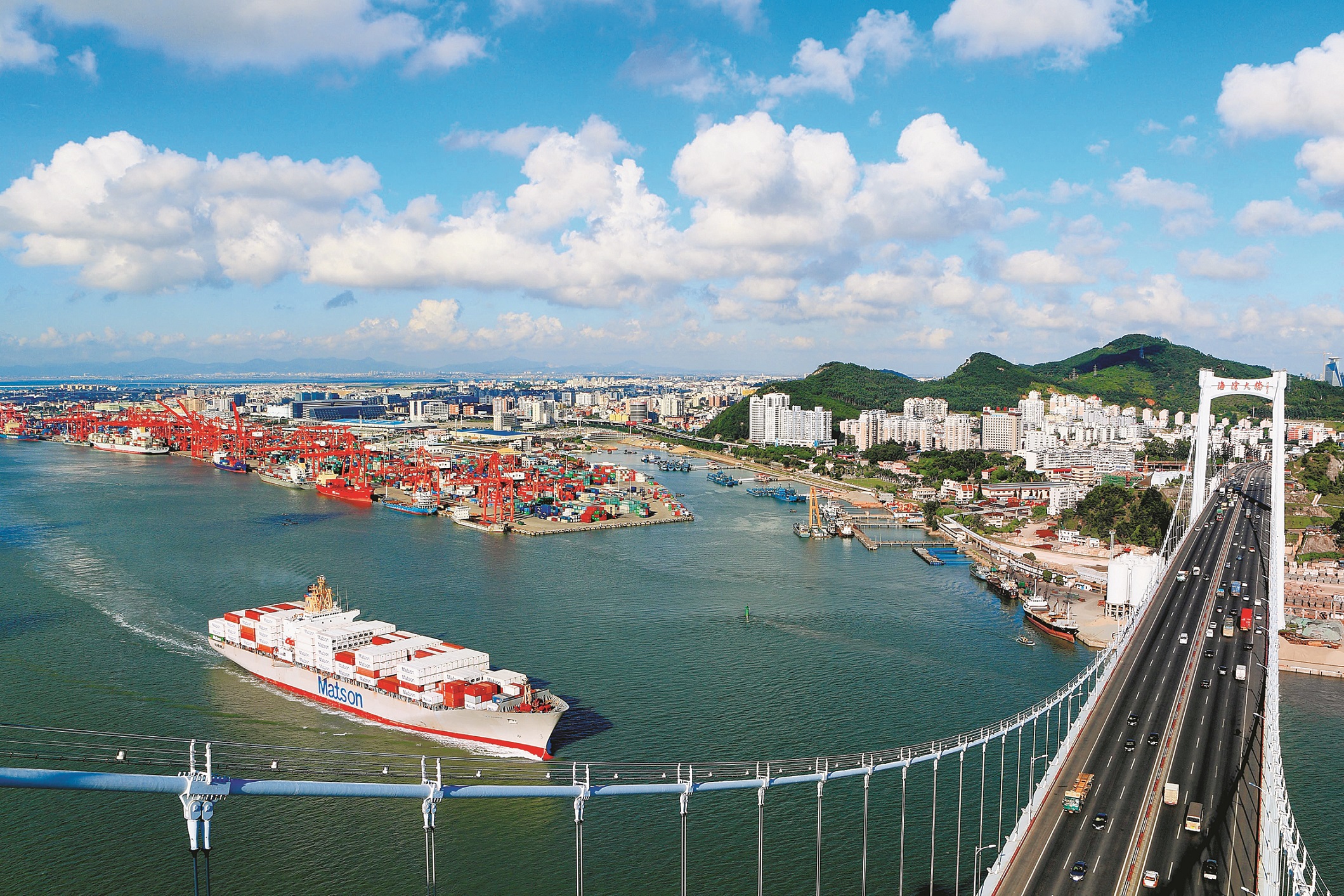Given the importance of the G20 platform to China, Beijing has made big plans for the forum as it seeks to present itself as a global leader.
Towards an innovative, invigorated, interconnected and inclusive world economy – that’s its theme for the summit. As this year’s host, Beijing will set the agenda for the talks and is expected to factor domestic considerations into its international priorities for the forum.
China is likely to focus on resolving specific issues in the global economy and strengthening cooperation in shared interests. It will also strive towards transforming the forum “from a crisis-response system to a long-term-governance mechanism”, as Foreign Minister Wang Yi said in May. Contentious issues will likely be avoided.
Beijing’s key plans – laid out in a central government memo on the G20 – include seeking new growth drivers, empowering emerging economies in global governance, boosting trade and investment, and fostering growth in developing countries, among others.

1. Seeking new drivers for global growth
Innovation being one of the country’s top domestic priorities, China is eager to foster an innovation-driven market environment through international cooperation. This agenda is also aimed at communicating Beijing’s commitment to overhauling its own economy from the present export- and investment-led model to one that relies more on innovation and entrepreneurship.
The G20 should … encourage across-the-board innovation in science and technology, development concepts, institutions and mechanisms, as well as in business models.– G20 memo

2. Empowering emerging economies in global governance
Fighting for emerging-market countries to have bigger say in international organisations such as the International Monetary Fund and World Bank has been a core feature in Chinese foreign policy for the past decade.
In 2010, the IMF board approved the fund’s quota and governance reform package, which sought to grant emerging economies more influence and access to capital at the IMF. Six years on, however, the reforms have yet to be fully implemented. With the US Congress due to finally ratify the reform package come December, the G20 talks will likely discuss the next round of the promised revamps.
“The prolonged delay [of the IMF quota and governance reform] jeopardises the credibility of the G20. The G20 should continue to promote the reform ... by implementing the package, facilitating completion of the 15th general review of IMF quotas [and] expanding the role of the IMF’s SDR (Special Drawing Rights).”– G20 memo

3. Boosting global trade and investment
In July, the G20 trade ministers’ meeting in Shanghai agreed that the forum would work towards cutting global trade costs by 15 percent. It also agreed to ratify the World Trade Organisation’s trade facilitation agreement by the end of the year in a bid to reduce protectionism.
Protectionism has been increasing significantly among G20 economies. According to the WTO, these markets imposed a record 145 new trade-restrictive measures in the seven-month period from last November to May – the most since 2009, when the organisation started monitoring such restrictions.
In Shanghai, the trade ministers also agreed to lay down nine core principles for global investment, including establishing open, non-discriminatory and transparent investment conditions and protecting investors with channels to resolve disputes.
"The G20 should formulate detailed plans with a view to strengthening multilateral trading systems … It should be encouraged to discuss new trade- and investment-related issues of common interest in the WTO … The current global investment governance is fragmented. The G20 needs to enhance policy coordination and explore the development of non-binding, global, investment-guiding principles."– G20 memo

4. Fostering growth in developing countries
China, as the largest developing country, is obliged to prioritise development during the summit, Foreign Minister Wang Yi said in May.
Beijing will call on the G20 nations to formulate and implement an action plan for the 2030 Agenda for Sustainable Development. The plan will aim to incorporate the agenda into each G20 member state’s development blueprint as well as encourage the exchange of experiences and provision of support especially for developing countries.
China is also likely to seek greater backing from the G20 as it pushes its “One Belt, One Road” development strategy and the role of the new Asian Infrastructure Investment Bank (AIIB). The “One Belt, One Road” and AIIB initiatives respectively redirect China’s domestic overcapacity and capital towards regional infrastructure development in countries along the historic Silk Road.
G20 members should take the lead in implementing the 2030 Agenda [and] provide a package of solutions to real problems. [They] should explore opportunities of cooperation … to make positive and constructive contributions to international development … The G20 should ask multilateral development banks to take joint action to support infrastructure investment.– G20 memo

CHALLENGES AHEAD
As much planning as China has prepared ahead of the summit, however, Britain’s recent vote to leave the European Union has added a whole new dimension to Beijing’s G20 agenda. In the wake of Brexit, Beijing may find it trickier to bring its plans to fruition, experts say.
“The Brexit decision will undoubtedly complicate the Hangzhou summit,” says Tristram Sainsbury, director of the G20 Studies Centre at the Lowy Institute for International Policy in Sydney.
Zhu Jiejin, associate professor at Fudan University’s School of International Relations and Public Affairs, says: “At a time when China is trying to shift the G20’s focus to longterm structural issues, Brexit may demand that the Hangzhou summit focuses on immediate challenges as well.”

Other analysts see a silver lining. Many leaders and media organisations have portrayed Brexit as a crisis. But as the Chinese term for “crisis” suggests, with danger may well come opportunity. While the result of Britain’s referendum threatens to derail China’s plans for the forum – especially if market turbulence follows – it could also make it easier for the summit to produce results more concrete than a general communiqué and for the country to present itself as a global leader.
“Brexit will drive the Hangzhou summit back to the basics and really spur them to deliver much more strongly,” says John Kirton, political science professor and codirector of the G20 Research Group at the University of Toronto.
Ren Kangyu, a professor at Beijing Foreign Studies University’s G20 Research Institute, says: “China can promote its view about a postBrexit global financial order. It can demonstrate its leadership if it can make good use of this opportunity.”


